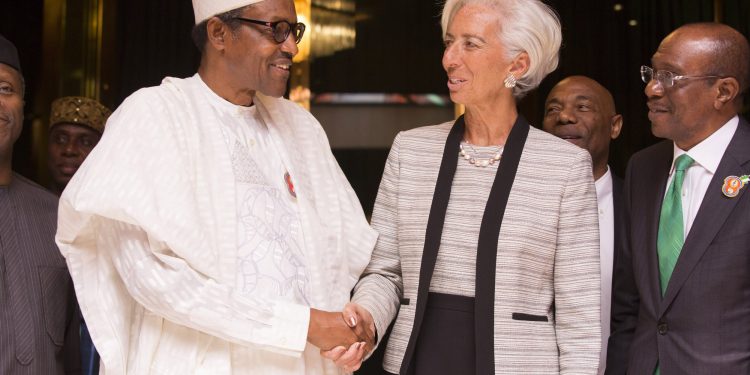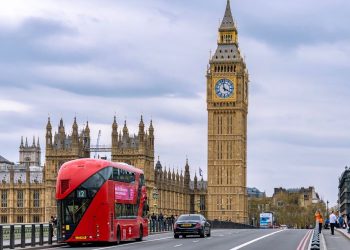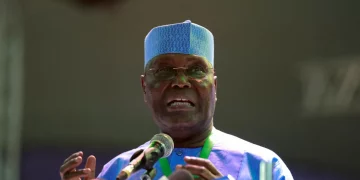The IMF had not long ago warned that Nigeria will by 2026 be spending over 100 per cent of its revenue on debt servicing, but surprisingly, four years earlier, this gloomy prediction has already become “Nigeria’s current realities”, says BudgIT, a reputable technocratic organization in Nigeria.
BudgIT made this disclosure in a statement on Monday, in which it criticized the current Nigeria government of President Buhari for poor performance of the current 2022 federal budget.
The organization also expressed concerns for the ballooning rate of petrol subsidy payments by the federal government.
In the statement on Monday, which was signed by the Assistant Head of Media and communications of BudgIT, Iyanu Fatoba, the organization also disclosed that the fortunes of Nigeria have worsened under the present government.
Narrowing down its analysis of the financial health of the country, BudgIT, said that the country’s current debt service, which stood at N1.94 trillion is over 100 percent of the nation’s revenue which was N1.64 trillion naira, within the period from January – April 2022.
The organisation therefore raises the alarm that the debt service-to-revenue ratio of Nigeria has already reached a very dangerous level within the first four months of 2022.
Notable Quotes:
In the statement on Monday, BudgIT said as follows:
“This is in spite of warnings given by the International Monetary Fund (IMF) that Nigeria would be spending over 100 percent of its revenue on debt service in 2026. Unfortunately, those predictions are Nigeria’s current realities,” the statement reads.
“Recall that BudgIT, in a consultation memo released in February 2022 titled: ‘Leveraging budget reforms for economic development,’ had articulated several reform issues bordering on Nigeria’s public financial management regime that affect the very core of governance, separation of powers, expenditure efficiency, and the livelihoods of millions of Nigerians; 83 million of whom live in extreme poverty.
“Four months later, some of those same challenges exist, with additional ones, if not properly managed, may spell fiscal crisis for an already impoverished nation. In particular, the debt service spending is only N93.6 billion less than the combined total personnel and capital expenditure for the period under review. Also alarming are the expenditure targets for the Tertiary Education Trust Fund (TETFund), which have only been 15 percent (of the total N5.10 billion naira) for the period under review.
“There is no gainsaying that the fortunes of the most populous black nation on earth, Nigeria, have worsened in the last 8 months after the 2022 budget was passed.”
Call To Discontinue Borrowing:
The Country Director of the organisation, Gabriel Okeowo, further the following call:
“It is in light of the above that we call on all well-meaning Nigerians, CSOs, media, the private sector, the international community, and reformers to join the call for the federal government to do the following:
“Discontinue indiscriminate borrowing through ways and means, which is creating a ballooning set of interest payments, running parallel to the external debt, as well as increasing the money supply and creating more monetary volatility; check the oil theft that is now commonplace in the petroleum industry, and has encumbered the countries ability to meet its production quotas-the latter having fallen to 1.25 million barrels as at May 2022,”
“Ramp up the remittance of operating surpluses by MDAs and GOEs to boost FG’s independent revenues, which is currently underperforming, and take considered action to reform subsidy, this achieves the twin objectives of having citizen buy-in and revenue savings that are channeled into priority areas.”
The statement read.












